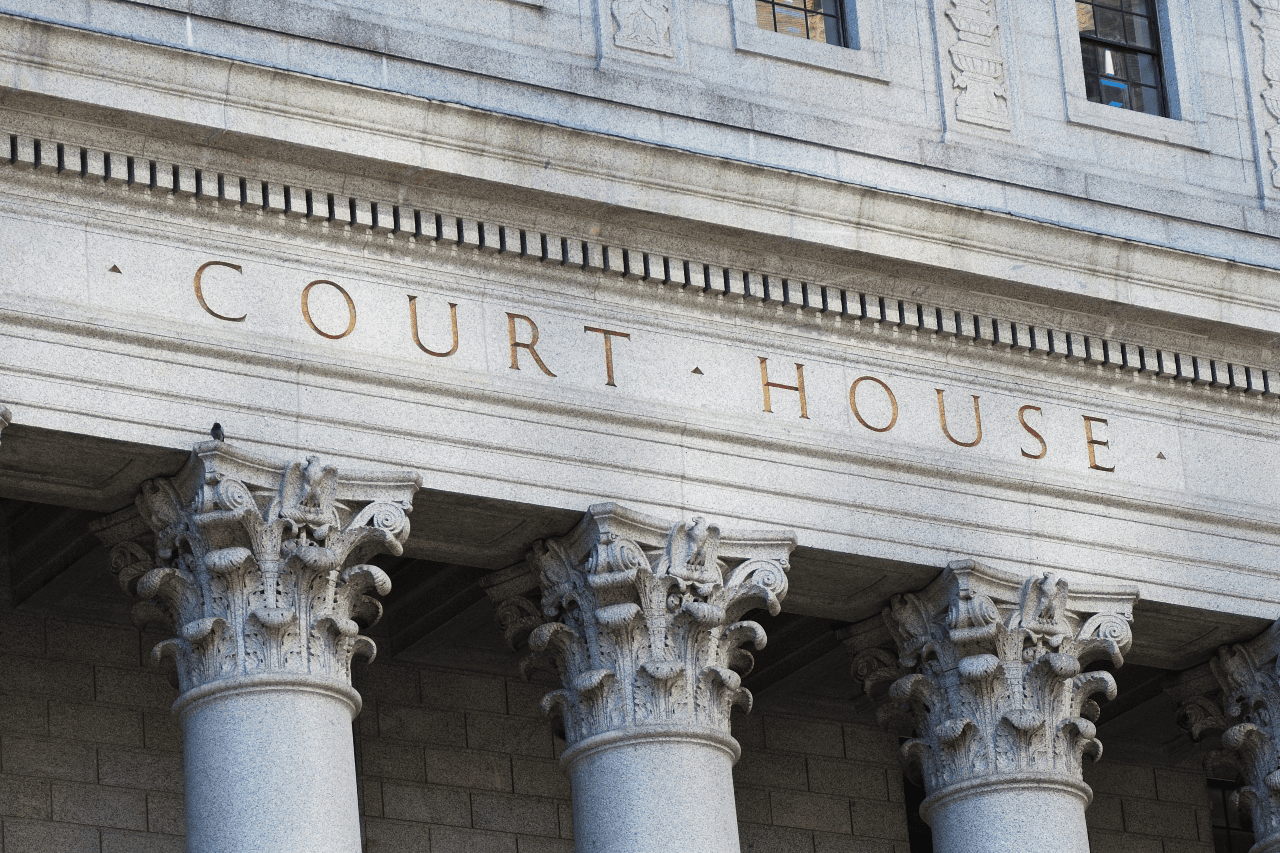What to Know About Your Arraignment in Maryland

If you’ve been arrested for allegedly violating a criminal traffic offense in Maryland, the judge will formally state the charges against you the first time you enter the courthouse. This step in the criminal justice process is called an arraignment. It serves to inform you of your indictments, outline the maximum penalties associated with the charge, and allow you to enter a plea of “guilty,” “not guilty,” or “no contest.”
Although you may be able to represent yourself in court when you’re charged with a crime, having a professional criminal defense lawyer in Maryland to help fight your charges and seek lesser penalties will ensure the best possible outcome at the end of your trial. Your criminal defense lawyer will be with you during the arraignment and will help you know ahead of time how you should plea to the charges.
To learn more about arraignments and how a criminal defense lawyer can help your case, read on below.
When Does an Arraignment Take Place?
An arrestee is not legally a criminal until convicted—a process that begins with a charge for a specific crime. In Maryland, this starts with bringing an arrestee to court for an arraignment.
Your arraignment will be held after you’ve been arrested but before sentencing. Determining when your arraignment will take place isn’t always concrete as it often depends on how heavy or light the caseload is for the judge and court system. However, arraignments are generally a speedy process, and the Supreme Court has established that criminal arraignments must take place as soon as possible for those accused. This aligns with the Sixth Amendment, which guarantees your right to a speedy trial.
In nearly every case, suspects will attend their arraignment within 24 hours of incarceration. If you’re not arraigned until many months or more after your arrest, your criminal defense lawyer can petition the court and request a judge to dismiss your case.
What Happens During an Arraignment in Maryland?
At an arraignment, the judge will formally charge you with a crime, bail may be raised or lowered, and you’ll be asked to tell the court whether you plan to plead guilty, not guilty, or no contest.
The court will also take this time to advise you of your right to counsel if you don’t already have an attorney. This is the opportunity for a defendant to be assigned an attorney if necessary, though it’s highly advised that you secure the guidance of an experienced private attorney who has a more focused caseload, more time to spend with each client, and more legal resources to protect your rights.
After the arraignment, the defendant’s counsel will be able to study the charges in detail and advise the defendant regarding important laws. The case will then move forward according to a schedule set by the court.
What Is the Impact of Various Pleas During an Arraignment in Maryland?
At an arraignment, a person will almost always enter a plea of not guilty to all charges. Nevertheless, a credible Baltimore traffic violation defense attorney will help determine the most strategic plea for your circumstances based on the facts of your case.
These are the most commonly utilized plea options at your disposal:
- Guilty plea: A guilty plea means that the individual admits to all charges and is willing to face whatever penalty the court imposes. It’s important that you speak to an attorney before choosing to plead guilty at an arraignment.
- Not guilty plea: A not guilty plea means that the individual doesn’t admit to any charges. Although it’s not necessarily a full denial of the charges, a not guilty plea means that the defendant intends to hold the state of Maryland to its burden of proof.
- No contest: This option—formally known as “nolo contendere”—means that the individual, while not admitting guilt, doesn’t dispute the charge against them. This is preferable to a guilty plea as guilty pleas may be used against individuals in other matters.
If you’ve been arrested for a criminal traffic offense in the state of Maryland, it’s vital that you contact an attorney before your arraignment to begin the defense of your case. Though defendants who meet certain criteria are entitled to a court-appointed attorney during a criminal case, you’ll benefit from reaching out to a seasoned criminal defense attorney in your community who can protect your rights.
Contact Hillel Traub When You Need Criminal Traffic Defense
For experienced legal guidance and defense after your traffic violation, look no further than The Law Office of Hillel Traub. Attorney Hillel Traub, who’s previously worked as an Assistant Attorney General for the Maryland MVA, has extensive experience working with people who are accused of traffic violations and DUIs. Along with his unique insight into the agency’s operations, Hillel has a proven track record of eliminating or reducing the fines and penalties associated with DUIs, traffic tickets, citations, and other violations.
The legal team at Hillel Traub is here to fight for your rights. To discuss your violation and potential strategies for your arraignment, call (410) 580-1100 today or complete our online contact form today.